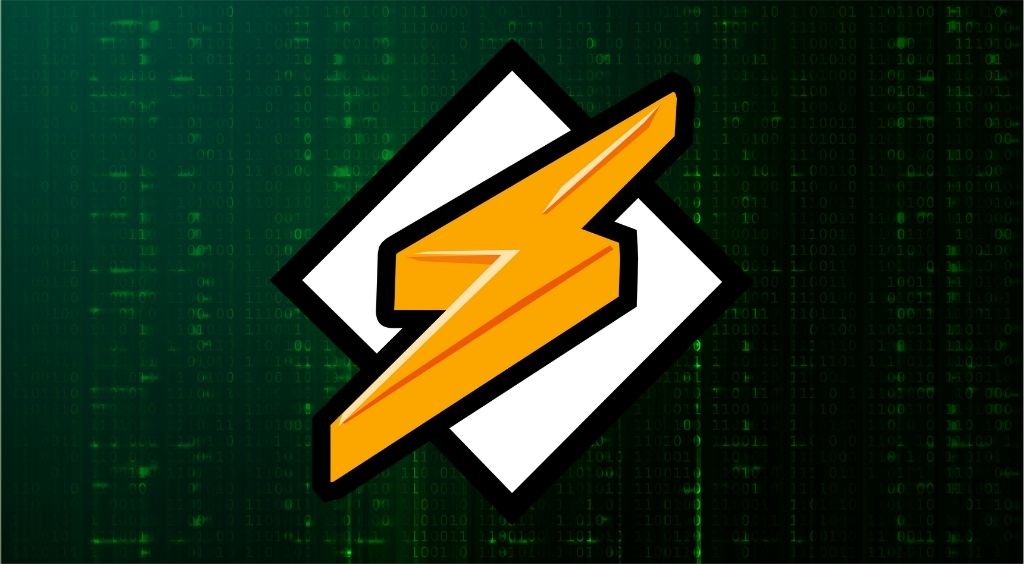
Winamp, the iconic media player that became synonymous with digital music in the late 1990s and early 2000s, has published its source code as of September 24, 2024. After months of anticipation following the May 2024 announcement, the source code for Winamp is now available to developers on GitHub. This marks a pivotal moment in the software’s 27-year journey, allowing the global development community to contribute to the enhancement and modernization of the player for Windows.
The project, now hosted on a GitHub repository, opens up Winamp's future to a collaborative development model. The repository shows early contributions from a small team of developers who have already begun removing legacy code and setting up the project for future improvements. Winamp’s core is built primarily in C++ (57.6%), with additional components in C, HTML, NSIS, and other programming languages. The decision to go open source is aimed at leveraging the expertise and creativity of developers worldwide, ensuring Winamp can evolve to meet modern user expectations while retaining its distinct cultural and aesthetic identity.
Founded by Nullsoft in 1997, Winamp gained rapid popularity for its extensive support of various audio formats and its customizable interface, including user-made skins and plug-ins. Its user base numbered in the millions at its peak, making it one of the most widely used media players before it saw a decline with the rise of streaming services. In 2014, Belgian company Radionomy acquired Winamp, which now falls under the leadership of Alexandre Saboundjian, CEO of Winamp.
Saboundjian emphasized in the May 2024 announcement that the company would retain ownership of Winamp but would rely on the development community to bring innovative ideas to the table. “Our focus will be on new mobile players and other platforms,” Saboundjian said, while ensuring that the tens of millions of Windows users who continue to use Winamp will benefit from community-driven improvements.
Developers interested in contributing will find all the necessary build tools in the repository, including support for building the client with Visual Studio 2019 and a range of dependencies like OpenSSL, DirectX 9 SDK, and libmpg123. The initial commits provide insight into ongoing cleanup efforts, such as removing outdated code and optimizing dependency handling. Contributions can be made via pull requests, and discussions are encouraged to help shape the player’s new future.
For users and developers alike, Winamp’s transition to a new development model represents an exciting opportunity to revitalize the beloved software. To get started, developers can explore the repository on GitHub and begin making contributions that will ensure Winamp continues to “whip the llama’s ass” well into the future.







Leave a Reply